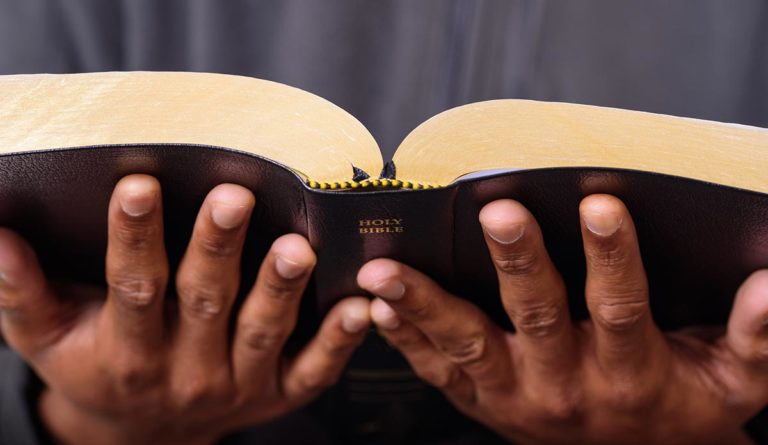Black Church, Black Men(tal) Health
Black churches have the potential to increase the effectiveness of the support they provide to congregants—Black men in particular.

Read Time: 4 minutes
Published:
Black men in the United States experience unique, sociocultural stressors that affect their physical and mental health. As a result, Black men not only have poor health outcomes, they also have the shortest life expectancy compared to other races and women. Despite these differences in health and life expectancy, developing a body of evidence on the health of Black men has been slow. More research on the physical and mental health of Black men is necessary.
We have been exploring the ways in which the Black Church provides spiritually and culturally relevant services for Black men in their communities. Our work complements previous research about religion, spirituality, and health focused on Black women.
Previous research has shown that Black individuals are less likely to use mental health services even though they experience levels of distress similar to individuals of other racial/ethnic backgrounds. A Black man’s decision about whether to seek help for his mental or physical health is influenced by gender norms and cultural beliefs. Black men may also experience racism in the healthcare system or financial barriers to care. These factors result in Black men not using professional mental health services and instead relying on others such as clergy or family members.
Almost 50% of the Black individuals surveyed in 2014 by the Pew Research Center attended religious services weekly. Among those attending church 32% were men.
The church has always been a significant institution within the Black community and it has connections to many other institutions such as Black colleges and universities and the NAACP (the National Association for the Advancement of Colored People). Membership in Black Churches has remained steady or increased at a time when many religious institutions have declining memberships. Almost 50% of the Black individuals surveyed in 2014 by the Pew Research Center attended religious services weekly. Among those attending church 32% were men. Those who attend church regularly are more likely to seek help for spiritual and personal problems from clergy.
While Black Churches continue to positively affect the lives of many within the Black community, they can enhance the support they provide to many of their congregants. Two theoretical frameworks can help Black Churches to increase the effectiveness of the support they provide to congregants and Black men in particular. The Body, Mind, Spirit, Environment, Social, Transcendent (BMSEST) model is based on Maslow’s hierarchy of needs. It acknowledges the relationship between spirituality and well-being and thus complements the healing work being done in the Black Church. The Health, Illness, Men, and Masculinities (HIMM) model, by contrast, emphasizes understanding gender as a determinant of Black men’s physical and mental health.
Combined, these theoretical frameworks can improve the Black Church’s ability to address the mental health needs of Black men.
These theoretical frameworks can assist professionals and academics working in the social sciences to organize the concepts that are most relevant to this problem and this population, such as spirituality and help-seeking behavior. The models can be used by Black Churches as a foundation upon which program developers can create spiritually-sensitive, culturally-competent, and empirically-based community interventions to support Black men’s mental and physical health needs. Combined, these theoretical frameworks can improve the Black Church’s ability to address the mental health needs of Black men.
The church is a preexisting source of strength and support in the Black community, but it has a responsibility to do more for Black men given their poor physical and mental health outcomes. Our recently published review summarizes existing research and introduces these models as a strategy Black Churches can use to better meet the needs of men. Black academics and professionals need to collaborate with the clergy of Black Churches to develop and implement programs that are spiritually-sensitive, culturally appropriate, and grounded in evidenced-based practice. It is time to devote our attention to the mental health challenges experienced by Black men.
Feature image: sevenstockstudio/Istock




